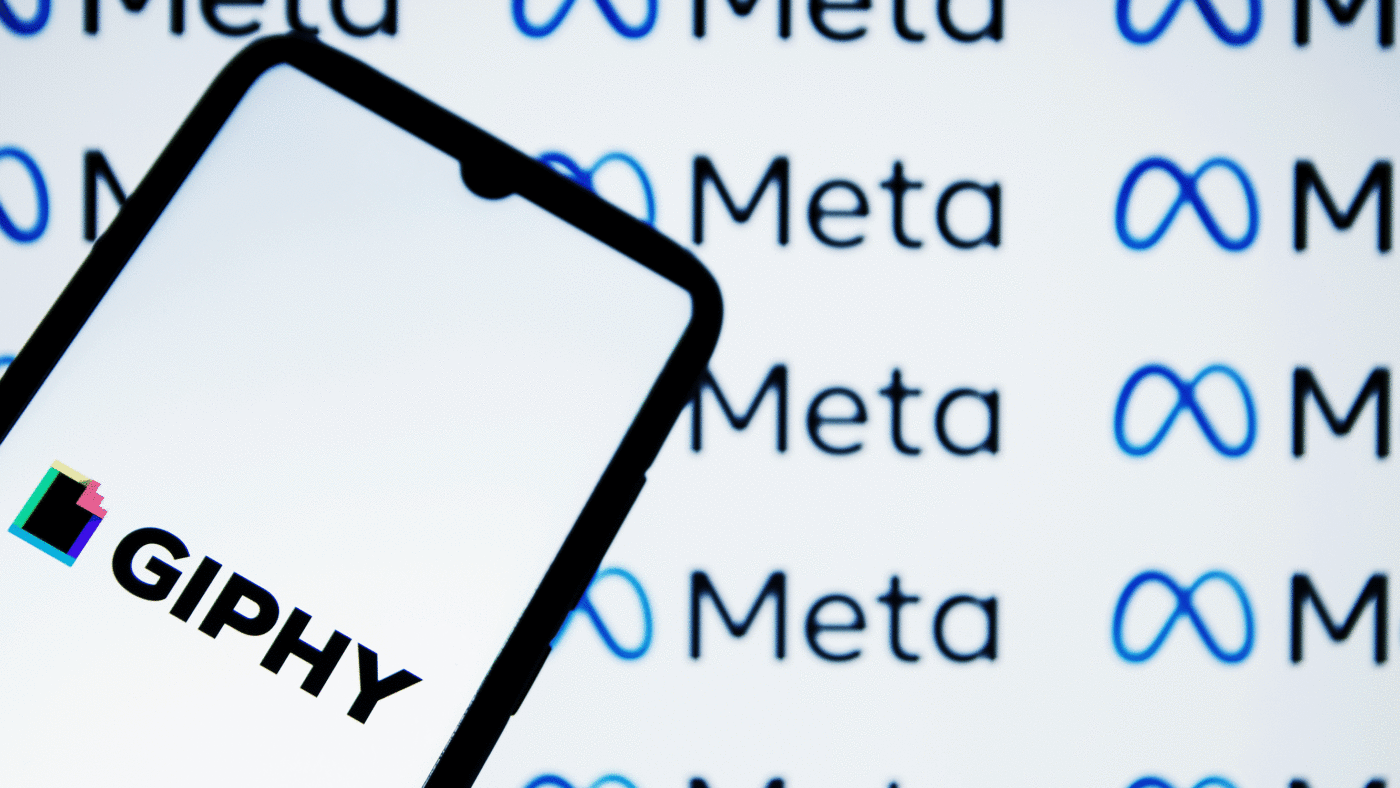Social media giant Meta is appealing last year’s ruling by the CMA that its acquisition of GIF provider Giphy was anti-competitive and must be unwound. Before the ruling, Meta (then still known as Facebook) was fined £50m for failing to provide information to the regulator. Which makes it rather ironic that it emerged last week in the Competition Appeals Tribunal (CAT) that the CMA had itself withheld important information about its investigation of the merger.
The CMA ordered Meta to unwind the transaction and reinstate Giphy as an independent entity. It found that, but for its acquisition by Meta, Giphy could have become a competitor of Facebook in advertising sales – even though Giphy had no real revenues from ad sales and its attempt to monetise the provision of GIFs was experimental and speculative. Meta appealed and the CAT ordered the CMA to disclose information on Giphy’s position that the CMA had discovered in its investigation. This revealed that another large technology firm, Snap (the company behind Snapchat) had made an offer to buy Giphy before Meta did so. This offer was much lower than the price eventually paid by Meta, and reflected the fact that Snap did not consider that Giphy had the potential to compete in ad markets in its own right. Snap went on to buy another GIF platform so that it could compete with Facebook and Twitter in offering this feature.
Meta now argues that it was irrational of the CMA to exclude this information from its determination, and procedurally improper not to disclose it. The CMA has, of course, denied this and is defending its position vigorously. But this is a worrying sign of how regulators with powers to impose heavy sanctions and fines running into tens of millions of pounds need robust appeals mechanisms to bring such matters to light and encourage procedural fairness.
Appealing regulators’ decisions is a daunting prospect for regulated firms and individuals in any sector. Some regulators have less rigorous standards of investigation and evidence than the CMA. The Information Commissioner, for example, has fined companies millions for data protection breaches, but as argued by leading lawyer James Tumbridge in our paper on the ICO, its processes of investigation and enforcement are unbalanced and subject to few controls of fairness and procedure.
The Electoral Commission has also faced criticism for the way it carried out investigations after the EU referendum in 2016 and had some of its rulings and sanctions overturned on appeal. But the costs and imbalance in firepower (the Commission was able to draw on practically unlimited taxpayer-funded legal resources, with appellants facing the risk of being liable for such costs) operate as a strong deterrent to appealing.
Merger appeals to the CAT are on ‘judicial review’ grounds only. This means that the original decision will be overturned only if it was outside of the CMA’s statutory powers, irrational or procedurally improper, and there is no substantive review of whether it was right in fact or law. This is common for many regulatory decisions, and entails a high level of deference to the regulator.
The Government had proposed that the decisions of the new Digital Markets Unit of the CMA (which will include deciding which firms will fall within its scope and then myriad ways in which such firms will be required to operate their business) would only be subject to review on judicial review grounds. The Online Safety Bill also currently provides that Ofcom’s immense powers to regulate online content will only be appealable on judicial review grounds.
This latest development in the CAT underlines why many lawyers and academics are worried about this (see the discussion in Q&A at the end of the speech by digital minister Chris Philp at the IEA digital markets conference last November). The limited grounds of appeal would rule out many challenges on fact and law that perhaps ought to be heard in the interests of justice and the rule of law. Even when a judicial review challenge seems feasible, the deference afforded to the regulator and risk of liability for costs often deters all but the deepest-pocketed appellants.
Like all regulators, the CMA is capable of making mistakes, and even of acting in its own institutional interests. As shown in the CAT last week, judicial scrutiny brings immense value to the regulatory process, both in practical terms – to bring transparency and quality assurance to decision-making – and in the interest of procedural fairness.
It has been reported that the new powers for the CMA and its DMU have been shelved for the time being. This would be welcome, as the Government’s proposals for competition in digital markets were poorly thought out and would likely have had adverse effects on consumer welfare and innovation. The latest developments in the Giphy case illustrate the problems that would have been caused by handing additional powers to the regulator, inviting them to second-guess the future of fast-moving and dynamic digital markets.
Click here to subscribe to our daily briefing – the best pieces from CapX and across the web.
CapX depends on the generosity of its readers. If you value what we do, please consider making a donation.


